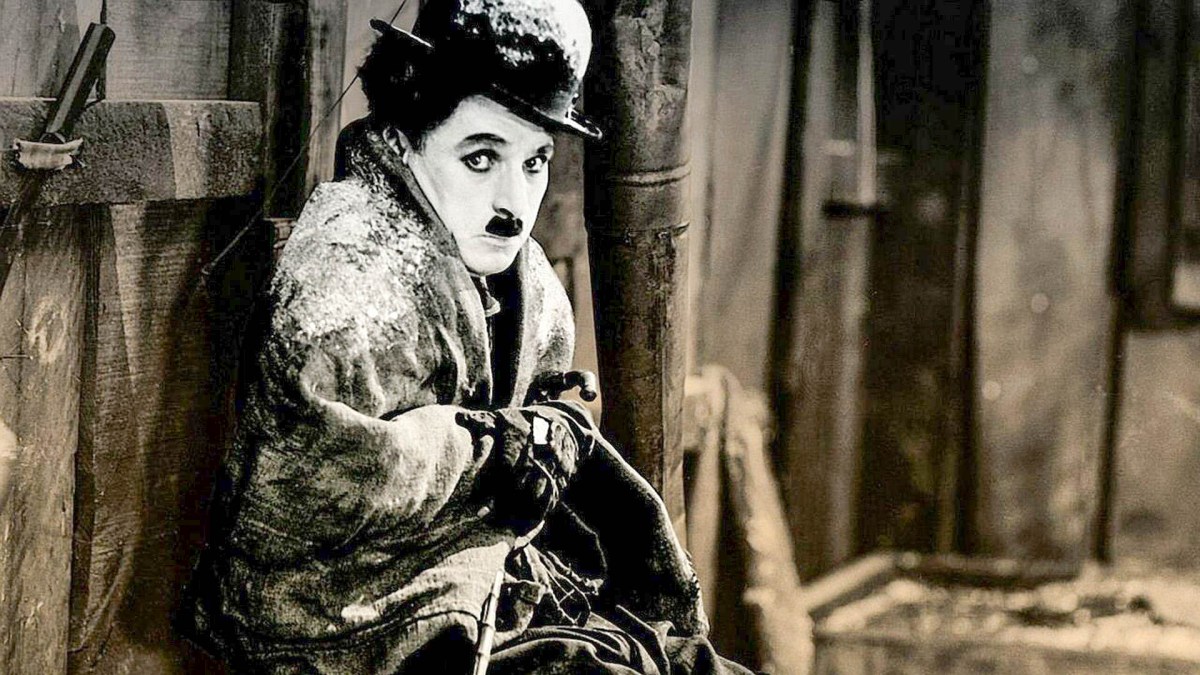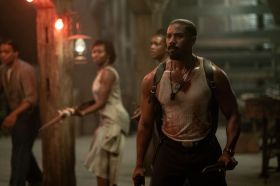Charlie Chaplin is rightfully recognised as one of the most significant filmmakers, actors and cinematographers in the history of cinema – and a number of his most notable films are currently available to stream for free right now on SBS On Demand.
Presented with accompanying social commentary as narration, the films include City Lights (1931) and The Great Dictator (1940), as well as three others that I’d argue deserve a closer look here: The Kid (1921), Modern Times (1936), and, arguably his crowning masterpiece, The Gold Rush (1925).
The Kid (1921)
Short and sweet at 68 minutes,The Kid concerns a tramp (Chaplin, of course) who cares for a boy (Jackie Coogan) after he is abandoned as a newborn by his mother. Later, the mother has a change of heart and aches to be reunited with her son.
The Kid was Chaplin’s first full-length feature as a director and remains one of the greatest achievements in cinema – six reels of joy that blessed the silver screen with a comedic voice that demands laughter, despite the absence of sound. Written by Chaplin, who was grieving the death of own baby, The Kid shows how cinema can express great joy alongside great pain.
Read: Review: Killers of The Flower Moon
Throughout, the characters have barely enough to eat. There are street brawls, a need to make money illegally, and the authorities antagonise the poor. Despite those hardships, The Kid is still one of the sweetest films of all time, with comedic sequences virtually erupting with happiness. Chaplin’s direction is excellent, with a powerful focus on facial expressions throughout, highlighting the depth of the Tramp’s distress once the kid is taken from him.
Modern Times (1936)
The last of Chaplin’s silent films, Modern Times sees him return as the Tramp, struggling to live in a modern industrial society, when he meets a young homeless woman (played by Paulette Goddard).
Modern Times is regarded as one of cinema’s most influential films for its depiction of humanity in the face of dehumanising technological innovation. In one of the film’s most famous scenes, the Tramp is swallowed up by the cogs of a factory machine, illustrating how technological advancement can result in exploitation of the poor and disenfranchised.
Read: SBS On Demand: new shows streaming in November 2023
The film illustrates how, during the Great Depression, individuals were viewed as cogs in a big wheel, and their personal freedoms were disregarded. The film skilfully depicts the time’s increasing fears of crime, unemployment and poverty.
As well as being a comedic masterwork, Modern Times is the first instance in which Charlie Chaplin speaks on film. This moment is a landmark in cinematic history. Towards the film’s conclusion, the tramp sings in a gibberish language so that all audiences can enjoy.
The Gold Rush (1925)
In Chaplin’s most ambitious and expensive film, The Gold Rush (1925), a prospector (Chaplin) ventures into Alaska looking for gold. He gets mixed up with some burly characters and falls in love with the beautiful Georgia (Georgia Hale) and tries to win her heart with his charm.
The Gold Rush is pure cinema. Superbly performed, directed and edited, it is simultaneously tense and funny. One of the silent era’s most remarkable treasures, it blends comedy and tragedy in a way no film had before, and stands as one of the most heartbreaking films ever made, despite not a single word being spoken.
From the infamous tilting house routine (see clip below), to the desperate eating of the leather boot, it illustrates how an actor’s facial and bodily expressions can convey emotion without the need for dialogue.
The film explores themes of purpose and ambition, with the prospector’s desire for success and gold portrayed as a misguided redirection of his desire to be loved and appreciated.
The Gold Rush frames the concept of a meaningful relationship in a way that compels audiences to realise that life is hollow unless you share it with others. In many ways, The Gold Rush is Chaplin’s magnum opus, a piece of cinema that transformed the genre of comedy and further established Chaplin as the leading pioneer of the silent era.
The most significant films of Charlie Chaplin can be found on SBS On Demand.






